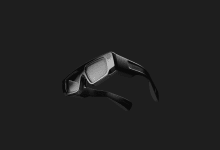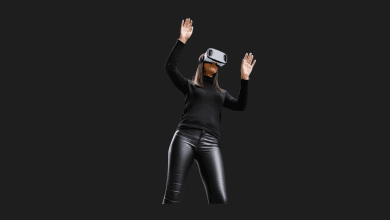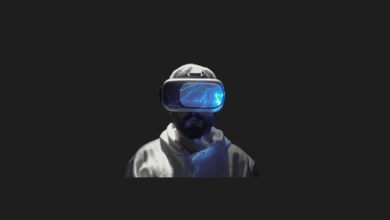Sony Unveils Mocopi, Revolutionizing Body Transfer to the Metaverse

Sony has recently introduced ‘Mocopi’, a collection of motion tracking sensors that promise broad applicability in the Metaverse and beyond into various technological fields. These sensors, which are similar in size to Apple’s AirTags, stand on the brink of a potential technological breakthrough.
The concept of the Metaverse, often heralded as the ‘future world’, has been introduced to the public in recent years, primarily by Meta (formerly Facebook). In the wake of this emerging virtual environment, several companies, including Meta and Sony, have been concentrating on incorporating VR glasses into the Metaverse experience.
With the launch of Mocopi, Sony is making a significant leap forward. These compact sensors are poised to play a crucial role not just within the Metaverse but also in catalyzing innovations across a wide array of technological sectors.
The next step in the metaverse: Mocopi
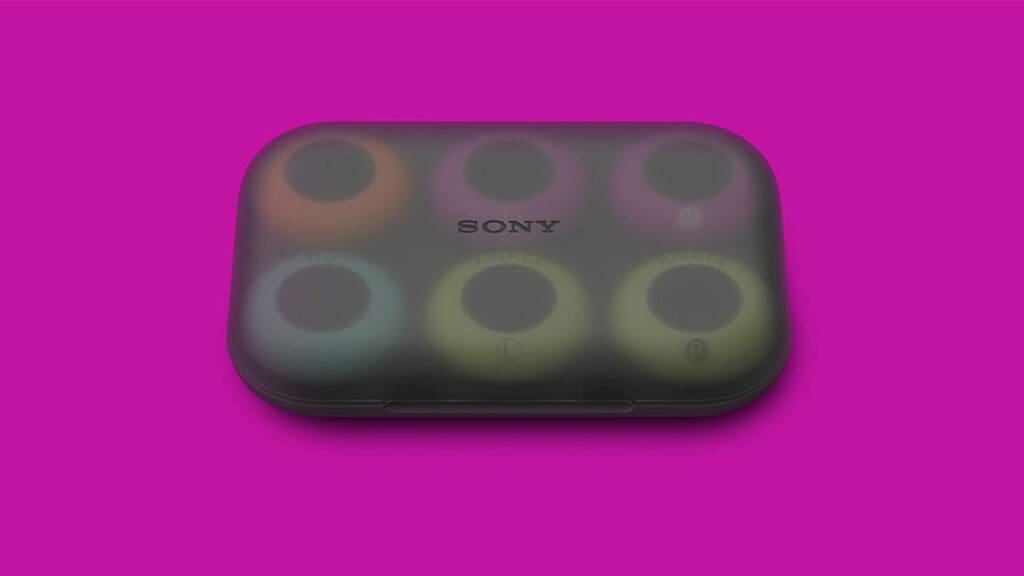
Today, Sony unveiled Mocopi, a collection of compact sensor devices designed to be worn on the wrists, head, waist, and feet. These sensors, reminiscent in design to Apple’s AirTags, mark a significant leap forward in virtual reality (VR) experiences. With Mocopi, users can immerse their entire bodies into virtual environments, eliminating the need for traditional VR controllers.
For those familiar with experiencing the Metaverse through VR, a common constraint has been the virtual representation limited to just the head and hands, lacking arms, torso, and legs. Mocopi addresses this gap by providing a more comprehensive and immersive bodily representation in the VR space. This breakthrough represents a significant move towards improving the realism and engagement of virtual experiences.
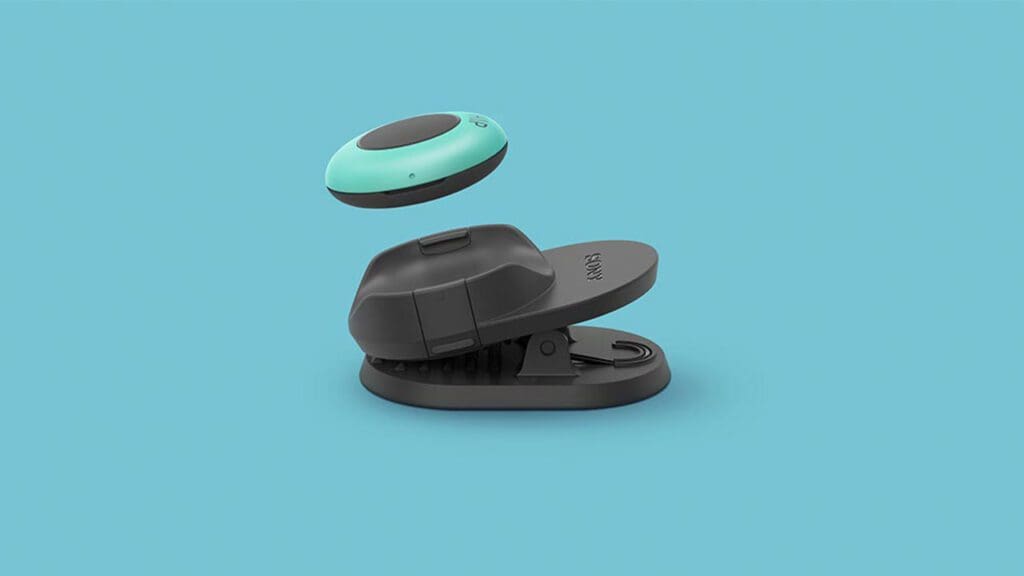
Moving away from the conventional motion trackers that typically necessitate various cables and specialized setups, Sony’s Mocopi sensors offer a more user-friendly solution. These sensors are impressively compact, akin in size to Apple’s AirTag, and weigh a mere 8 grams, thus obviating the need for any cables.
The Mocopi units can be fully charged in approximately 90 minutes via a USB Type-C connection and boast an extensive active usage duration of 10 hours. Adding to the convenience, Mocopi sensors do not require a computer to function. Users can directly pair these sensors with Sony’s specialized mobile app for Mocopi through Bluetooth, utilizing either the app’s pre-existing models or a model they have created.
For a comprehensive “body scan,” six sensors are necessary. Priced at $358 each, the total cost for a complete set of Mocopi sensors would come to about $2,148. The Mocopi sensors are expected to hit the market in January 2023.
Editor’s note: Mocopi could be a revolution for the tech world

The Mocopi sensors, while pivotal for the VR domain, herald a transformative leap for the wider technology sector. Sony has highlighted that these sensors are compatible with software platforms such as Unity, Unreal Engine, and Autodesk. Such compatibility empowers low-budget developers and game designers to set up their own “Motion Capture” systems at home.
In the realm of filmmaking, low-budget projects often have to make do with CGI characters that lack impressive visual effects. Yet, with Mocopi, even amateur short films can incorporate CGI characters with professional-grade realism, marking a significant advancement over the current standards in low-budget cinema.
Moreover, this system facilitates precise control over every limb of a character in digital spaces. Looking to the future, there exists the potential for playing titles like “God of War: Ragnarök” or “Skyrim” utilizing Mocopi, pending further refinements from Sony and collaborative studios. This breakthrough promises to usher in a gaming experience that is more immersive and realistic than ever before.
Mocopi usage video
The launch of Mocopi signifies merely the start of its extensive potential within the technology sector. While the initial projects designed for Mocopi might not have completely lived up to expectations, there is a hopeful outlook for more fulfilling user experiences to unfold in 2023.
Furthermore, the triumph of Mocopi could potentially motivate other technology behemoths such as Meta and Samsung to create their own renditions of similar sensors. This would not only underscore the significance of Mocopi’s technology but also ignite innovation and competition within this arena, leading to more advancements and a wider range of applications in motion tracking and beyond.

